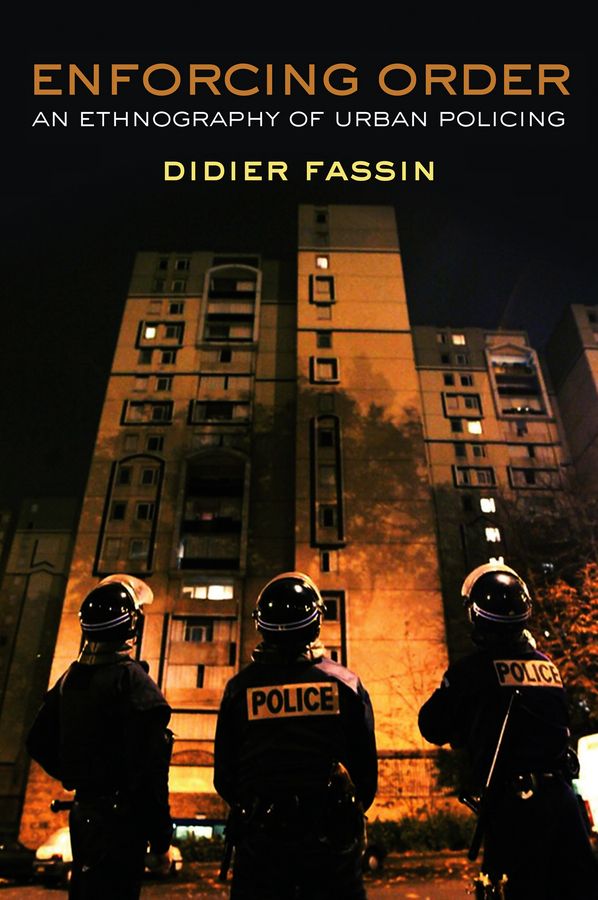Most incidents of urban unrest in recent decades – including the riots in France, Britain and other Western countries – have followed lethal interactions between the youth and the police. Usually these take place in disadvantaged neighborhoods composed of working-class families of immigrant origin or belonging to ethnic minorities. These tragic events have received a great deal of media coverage, but we know very little about the everyday activities of urban policing that lie behind them. <p>Over the course of 15 months, at the time of the 2005 riots, Didier Fassin carried out an ethnographic study in one of the largest precincts in the Paris region, sharing the life of a police station and cruising with the patrols, in particular the dreaded anti-crime squads. Far from the imaginary worlds created by television series and action movies, he uncovers the ordinary aspects of law enforcement, characterized by inactivity and boredom, by eventless days and nights where minor infractions give rise to spectacular displays of force and where officers express doubts about the significance and value of their own jobs. Describing the invisible manifestations of violence and unrecognized forms of discrimination against minority youngsters, undocumented immigrants and Roma people, he analyses the conditions that make them possible and tolerable, including entrenched policies of segregation and stigmatization, economic marginalization and racial discrimination.</p> <p>Richly documented and compellingly told, this unique account of contemporary urban policing shows that, instead of enforcing the law, the police are engaged in the task of enforcing an unequal social order in the name of public security.</p>
Enforcing Order
₹5,537.00
An Ethnography of Urban Policing
This book is currently not in stock. You are pre-ordering this book.




